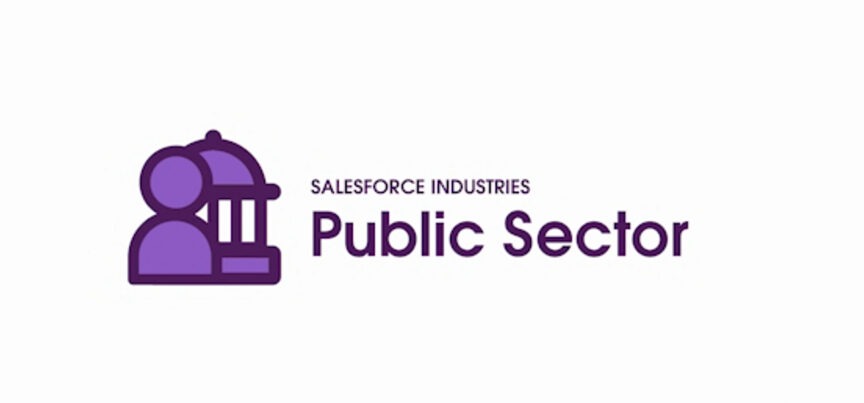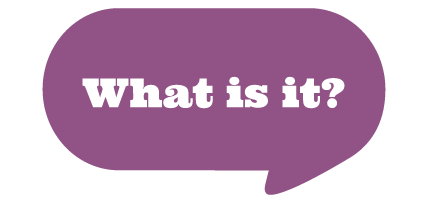
Many government agencies today face challenges due to outdated systems that struggle to keep up with the evolving needs of modern governance. These legacy systems lead to operational inefficiencies, hinder innovation, and contribute to high costs for taxpayers. To address these issues, government agencies require solutions that enhance operational efficiency, reduce expenses, and better serve the public. This is where a CRM like Salesforce for government comes into play, helping agencies strengthen relationships between citizens, employees, government entities, and services by providing a streamlined, adaptive platform for managing information and communication.
Government sectors face a variety of challenges that hinder their ability to operate efficiently and effectively. Some of the key challenges include:
Operational Inefficiency: Inefficient processes and lack of automation in many government sectors lead to slow response times, errors, and increased administrative workloads.


Salesforce Government Cloud is a specialized cloud solution tailored to meet the unique needs of government agencies at all levels, including federal, state, and local. Built on the secure and scalable Salesforce platform, it enables government organizations to manage relationships, streamline operations, and improve service delivery to citizens, employees, and other stakeholders.
Key features of Salesforce Government Cloud include:
Analytics and Reporting: The platform provides data-driven insights, helping agencies make informed decisions, track performance, and optimize operations.
Salesforce Government Cloud offers a comprehensive solution to help government agencies overcome the challenges posed by outdated systems and operations. Here’s how it assists the public sector:
Scalability: Salesforce Government Cloud is scalable, able to handle growing data volumes and increased service demands, ensuring that agencies can accommodate population growth without compromising service quality.


Many government agencies today face challenges due to outdated systems that struggle to keep up with the evolving needs of modern governance. These legacy systems lead to operational inefficiencies, hinder innovation, and contribute to high costs for taxpayers. To address these issues, government agencies require solutions that enhance operational efficiency, reduce expenses, and better serve the public. This is where a CRM like Salesforce for government comes into play, helping agencies strengthen relationships between citizens, employees, government entities, and services by providing a streamlined, adaptive platform for managing information and communication.

Government sectors face a variety of challenges that hinder their ability to operate efficiently and effectively. Some of the key challenges include:
Operational Inefficiency: Inefficient processes and lack of automation in many government sectors lead to slow response times, errors, and increased administrative workloads.

Salesforce Government Cloud is a specialized cloud solution tailored to meet the unique needs of government agencies at all levels, including federal, state, and local. Built on the secure and scalable Salesforce platform, it enables government organizations to manage relationships, streamline operations, and improve service delivery to citizens, employees, and other stakeholders.
Key features of Salesforce Government Cloud include:
Analytics and Reporting: The platform provides data-driven insights, helping agencies make informed decisions, track performance, and optimize operations.

Salesforce Government Cloud offers a comprehensive solution to help government agencies overcome the challenges posed by outdated systems and operations. Here’s how it assists the public sector:
Scalability: Salesforce Government Cloud is scalable, able to handle growing data volumes and increased service demands, ensuring that agencies can accommodate population growth without compromising service quality.
Copyright © 2025 Briskminds | All Rights Reserved